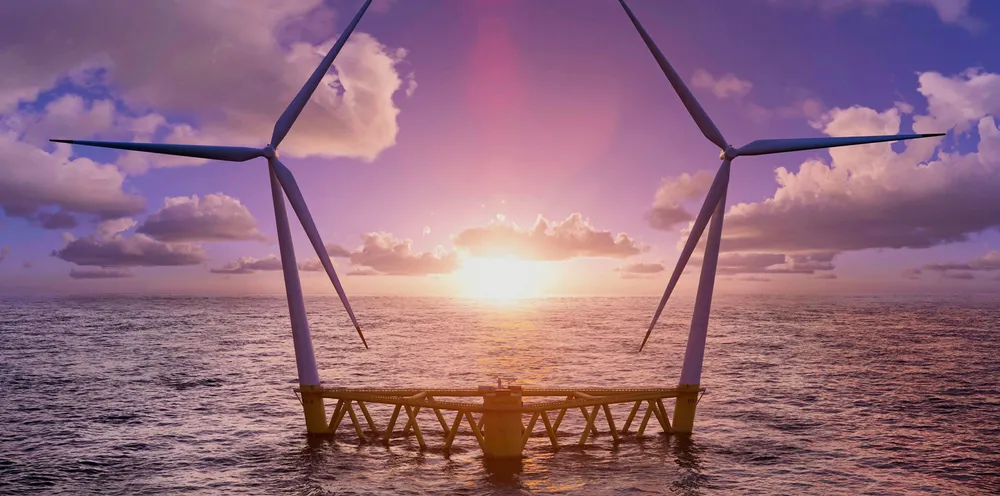Offshore wind's rising stars brighten, UK's net-zero course and UN spells out COP26 stakes
Our curation of the must-read news and analysis from the-week-that-was in the global renewables industry

Our curation of the must-read news and analysis from the-week-that-was in the global renewables industry
